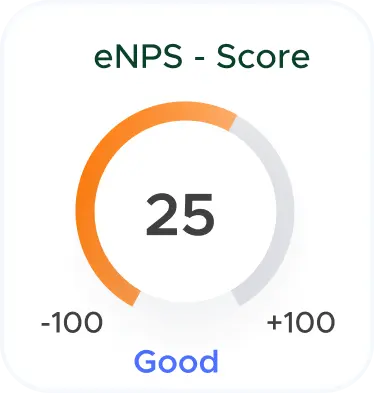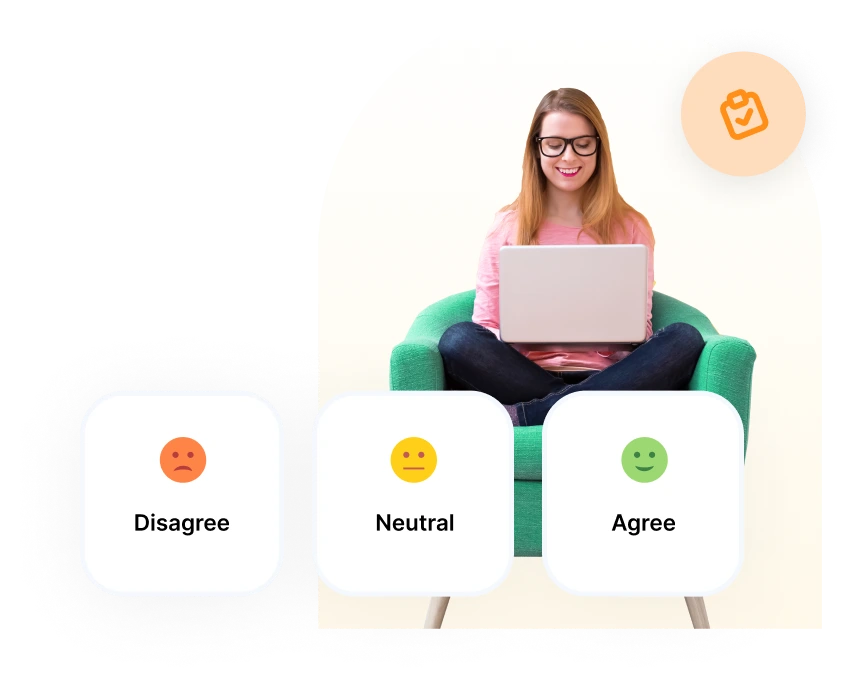Knowledge Management
Knowledge management (KM) emerges as a strategic approach aimed at systematically identifying, capturing, storing, and sharing knowledge within an organization to enhance decision-making, foster innovation, and drive sustainable growth.
What is knowledge management?
Knowledge Management (KM) is a multifaceted discipline focused on the systematic management of an organization's knowledge assets. It involves the identification, creation, capture, organization, storage, retrieval, and dissemination of knowledge resources, including explicit knowledge (documented information) and tacit knowledge (personal insights, experiences, and expertise).
By implementing effective knowledge management practices, organizations can harness their intellectual capital, enhance collaboration and knowledge sharing among employees, and leverage valuable insights to achieve strategic objectives and operational excellence.

.svg)













.svg)



.svg)
.svg)